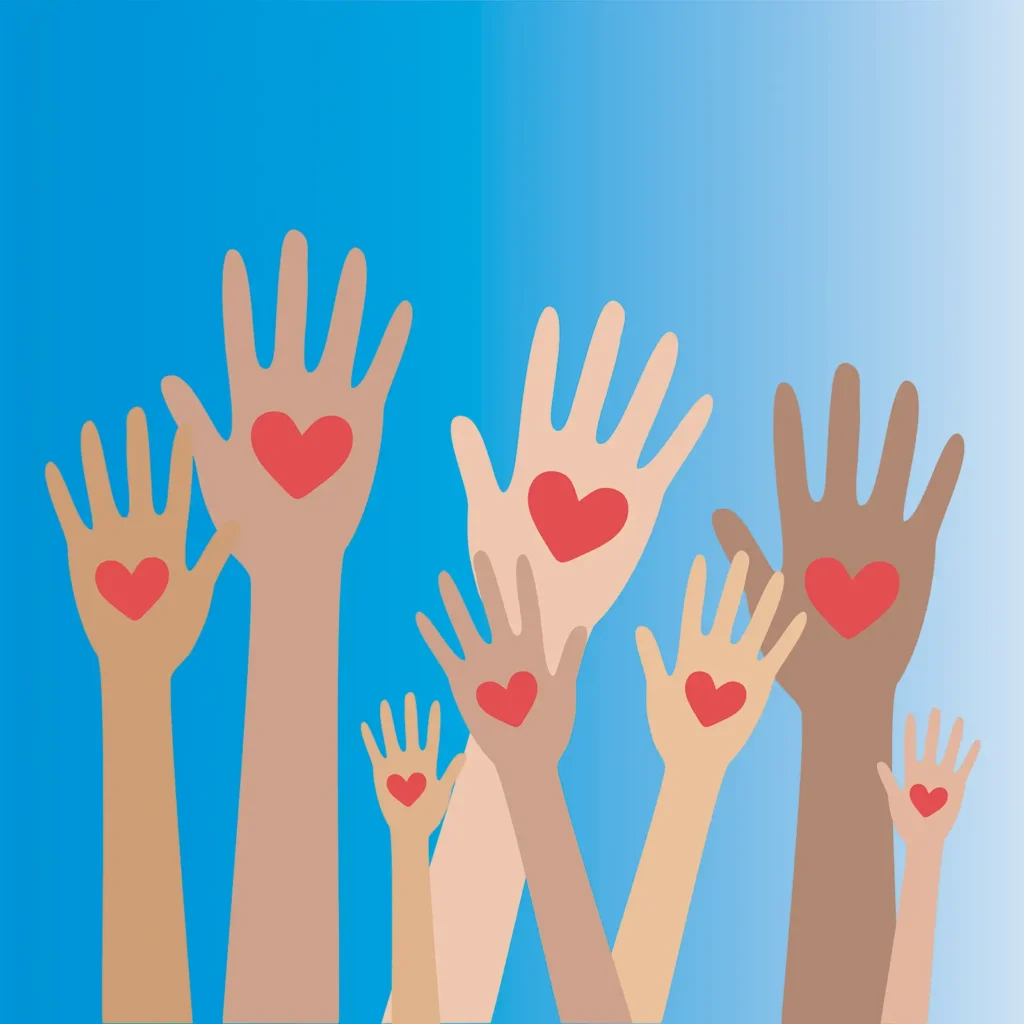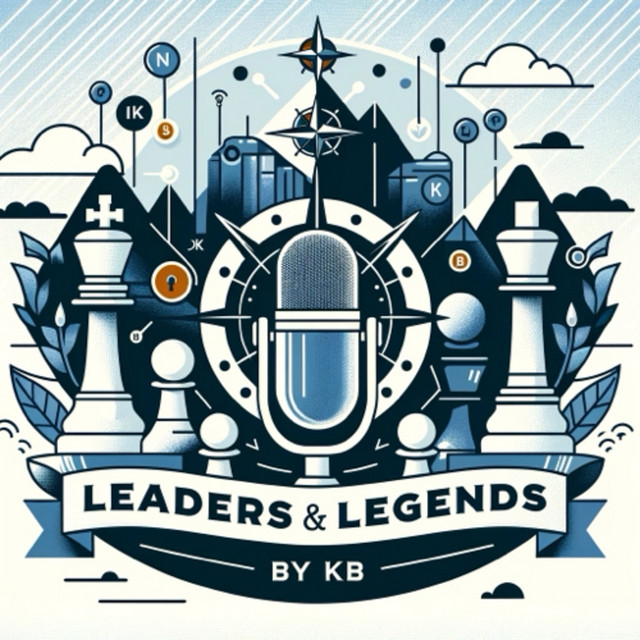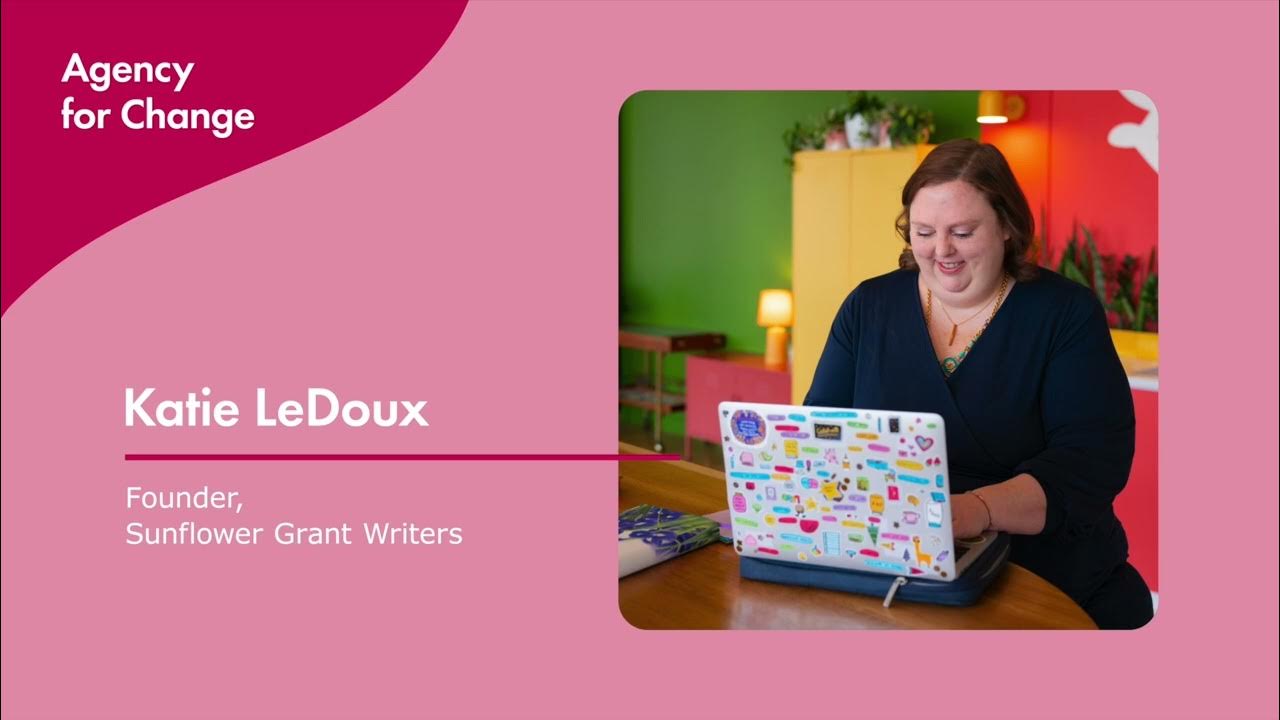NOVEMBER!
My very talented and organized sister has already planned our week of Thanksgiving meals, and I cannot wait to spend time with family and enjoy all the good things to eat!
November is also Giving Tuesday in many places across the world. It is a global day of giving or a global generosity movement. On Giving Tuesday 2021, nonprofits in the United States alone raised $2.7 billion!

WHO KNEW?
There are a lot of nonprofits around the country – 1.8 million to be exact! Sunflower wishes we could help them all reach their goals!

IMPLEMENT THIS IDEA OF THE WEEK
Never submit your first draft. At Sunflower, we rely on our strong team to review each other’s work, and I provide feedback on each grant proposal before it goes out. Everything is also shown to the client before it is submitted for changes or additional ideas they want to see implemented. This system cuts down on errors made and enhances the overall finished product.

FEATURED GRANT STORY
On March 5, 2024, John Knox published an article in Sanford Medicine titled “AI for Grant Writing: Use with Caution.”
He writes: “The academic world is abuzz about the ability of artificial intelligence (AI) to help draft and revise scientific text. Its benefits, especially for non-native English writers, include the capacity to summarize entire articles, simplify jargon-laden paragraphs, and improve the clarity and conciseness of drafts.”
“While there is immense promise with this technology, we worry about researchers using AI without fully understanding its consequences,” says Elizabeth Seckel, director of Strategic Research Development for the Division of Cardiovascular Medicine.
“For example, there is the risk of having their grants administratively rejected for plagiarism – or unknowingly having their precious grant text incorporated into data training sets and suggested to their competitors asking similar prompts in the future,” she adds.
“As specialists assisting grant writers at every stage, we have observed first-hand the increased usage of AI in grant proposals. Even grant funding agencies are establishing guidelines regarding the permissible use of AI in grant submissions.
“This is incredibly exciting technology, and we’re only going to learn its full potential by using it. So as people move through their grant writing journey and put together these massive applications, I urge them to think about how they can start to incorporate large language model chatbots like Chat GPT into their grant writing process – trying different prompts, working with it in different sections of the application, reviewing its output for errors, and so on. Then, if a user sees that something is working, they should share it with other people so we can all learn together,” says Seckel.”
At this point, most people are familiar with AI tools and the many amazing things they can do – for instance, generate ideas for social media and provide starting points for research, analyze large amounts of data, like census tables; summarize something like a NOFA. Our policy at Sunflower is that the human element of writing and personalizing a story for a unique client. as well as establishing personal connections with clients and funders. can never be fully replaced by anything a computer can do.
You definitely don’t want to make the mistake that AI can think for you! In fact, the tool is infamously known for “hallucinating” sometimes!

FEATURED SUNFLOWER GRANT WRITERS CLIENT
Micah’s House is in Lexington, Nebraska and is a small, grassroots organization that is trying to help its diverse population. Lexington is a friendly town of just over 10,000 people and ranks second in Nebraska for homeless children and teens. More than 450 kids in neighborhood schools face hunger, delayed healthcare, challenges with schoolwork, and uncertain futures. Some live with their parents and siblings in a car. Some live with up to ten people sharing a single trailer home or hotel room.
Micah’s House brings people together to help with projects like Dental Day, when 80 kids are screened by volunteer dentists; holiday adopt-a-family donations; and little free pantries where people can donate or access free food and hygiene supplies with dignity and without an application process.
“How can we help right now?” That question has driven their work, says founder Kayli Sauer. In addition to volunteer projects, they give one-time direct assistance, from $25 to $500, based on each family’s urgent need for things like utilities, food, or medical care, “We help people at a pivotal time in their lives when as little as $25 can help them reach for a brighter future.”
Working with Sunflower, Micah’s House secured their first private grants in 2024, and this year more than 500 Lexington children, teens, and parents will be helped, in part with funding raised through grant proposals we developed together.
A new Micah’s House project, funded in part by grants received working with Sunflower, will bring neighbors together to help parents who are able to secure housing but need help making it safe. Volunteers will work on trailers and other homes with hazards like old electric wiring and mold.
We are proud to partner with Micah’s House! Kayli and staff are doing incredibly noble work, and we could not be happier to support their mission.

CHECK IT OUT
Another one of our clients, African Immigrant Family Services, celebrates 5 years of work this year. AIFS is a non-profit organization serving the needs of African immigrants, refugees, and other members of the Nebraska community.
AIFS provides services for the benefit of children, young people, and families, allowing them to build a new life and become self-sufficient.
In their first 5 years they have served clients in over 20 African countries and logged over 6000 hours in volunteer time through more than 20 well established partnerships!

FINAL THOUGHT…FROM SOMEONE ELSE
“What you do makes a difference, and you have to decide what kind of difference you want to make.”
-Jane Goodall






Leave a Reply